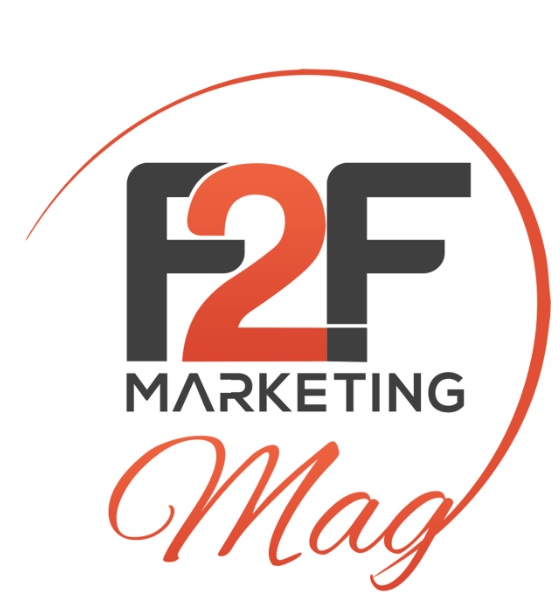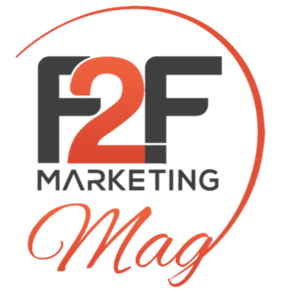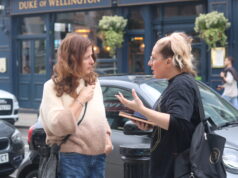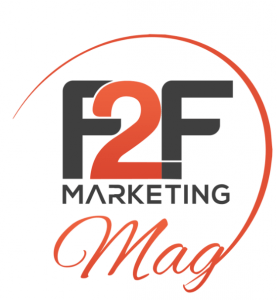
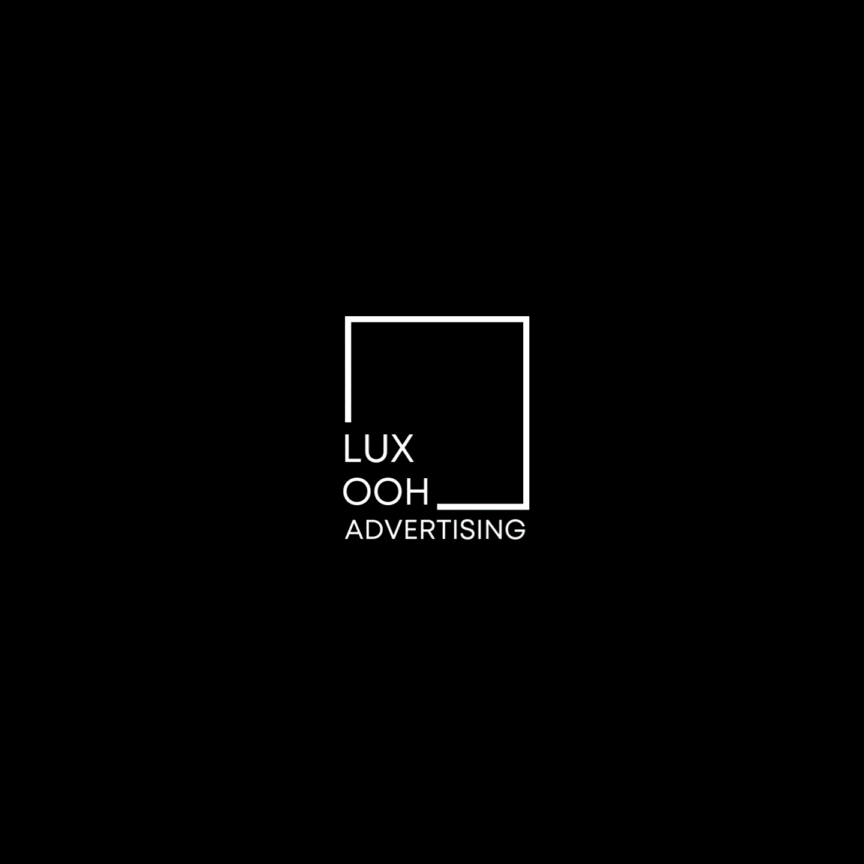

Experiential marketing is increasingly getting popular. It’s effectiveness has been proven time and time again. Even the health industry have realised this and are taking steps to increase their use of experiential marketing. Smart Business recently released an article which covers an interview they carried out with Maggie Ellison. The interview topic was on experiential marketing in the healthcare industry. Read on below for a snippet of the article.
Thank you for reading this post, don't forget to subscribe!Health care has been and may be for some time a hard marketing nut to crack. However, large health care brands, hospitals and private practice organizations are looking to expand their reach and are turning to experiential marketing to engage with their audience face-to-face.
Smart Business spoke with Maggie Ellison, director of creative experiences at Event Marketing Strategies, about how experiential marketing fits in with health care advertising goals.
What are the traditional advertising outlets for health care entities and how effective are they?
Presently, the advertising outlets most capitalized on by health care organizations are radio, outdoor, print and digital. The effectiveness of these traditional forms of marketing, however, is dwindling. According to a 2014 study performed by Statista, global marketers selected search-optimized website marketing, events and trade shows, social media, targeting through segmentation and analytics, and television advertising as the most effective forms of marketing. Interestingly, the top four all can be integrated into an experiential marketing campaign.
How might the health care industry benefit from experiential marketing campaigns?
It is understood by marketing professionals that brands are demanding attention and time from consumers. Marketing in health care is challenging because there’s a considerable education factor. It’s not easy to cram all of the content, branding and messaging, not to mention any legalese, into a 30-second television commercial, a seven-second billboard view or a 15-second radio ad.
The health care industry often struggles to educate consumers on myriad patient issues, such as medicines and their associated benefits, insurance plan complexities, medical facility services and locations, and more. To deliver such informational content in a way that is fun, exciting and encourages consumers to take action is another hurdle.
That’s where experiential marketing can help. It provides a platform and solution that allows health care organizations to connect with consumers face-to-face and engage with them over a long period of time. These organizations can also receive instant consumer feedback that could never be obtained through traditional advertising. In addition, the exposure to the brand is more unique, memorable, and if done properly, shareable through social, maximizing reach and ROI.
What is an example of a health care entity effectively using experiential marketing?
One example is OhioHealth. A key corporate citizen to the community and sponsor of multiple health-related events and functions across the state, OhioHealth recently activated an experiential marketing campaign at a 5,000-meter race and walk that targeted moms. As part of its sponsorship benefits package, OhioHealth received a prime display space to engage with the hundreds of families attending the event. It promoted its maternity and women’s health line of service with a giant greeting card surrounded by kids’ coloring tables, two large boxes wrapped as gifts and a team of brand ambassadors to assist with activation. Moms, dads and kids were asked to write notes of encouragement to new moms and families and pin them on the inside of the giant greeting card. These handwritten messages were delivered by nurses and staff to new moms and babies in delivery rooms at OhioHealth hospitals. The sentiments shared on the cards and at the on-site activation were incredibly positive and provided strong brand awareness for OhioHealth.
Just like OhioHealth, any health-related company trying to target consumers directly could benefit from experiential marketing if the campaign is strategically created and effectively activated.
For the full and original article, please click here.
